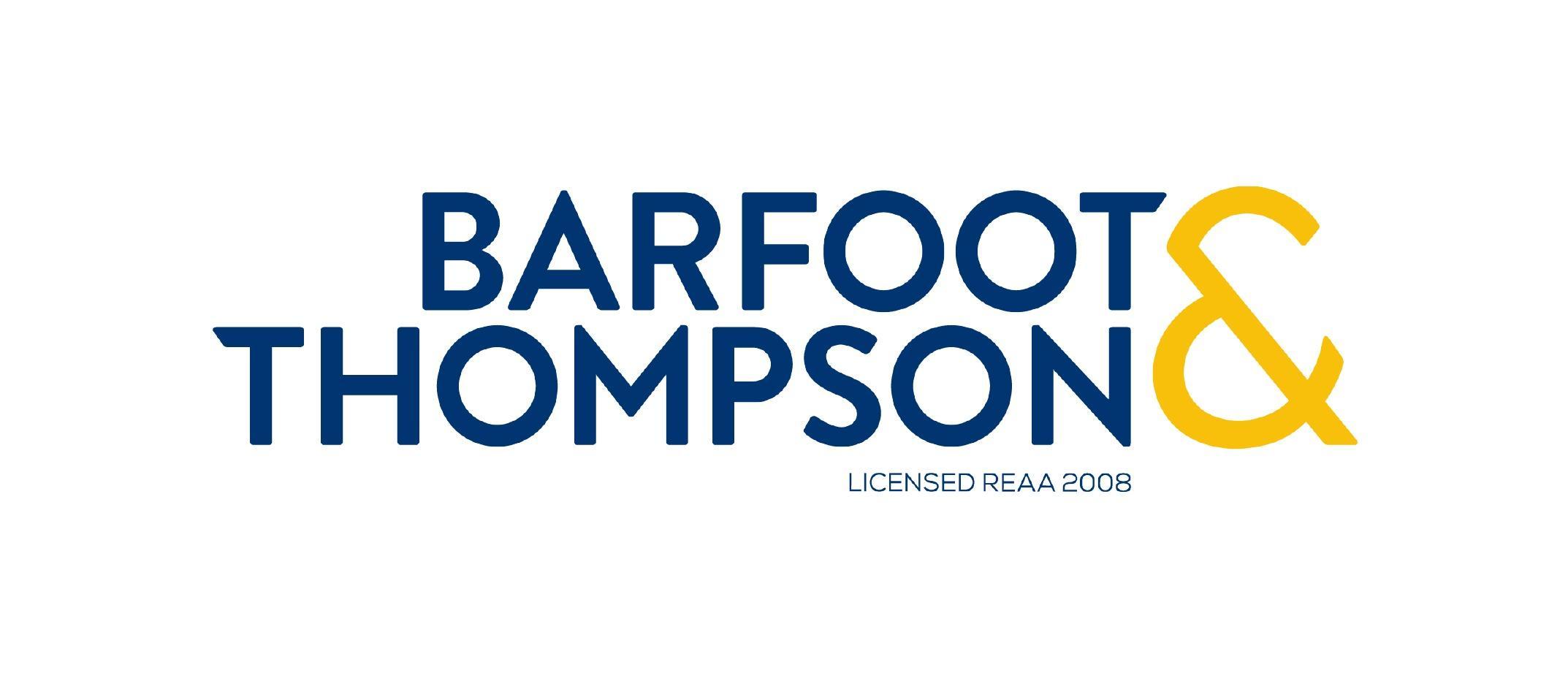This week’s question comes from Sue:
I have just been advised that with the changes to the Residential Tenancy Act my property manager needs to file my insurance policy pertaining to our rental and the amount of excess and supply both to our tenant on request. Do you have an opinion on supplying such information to a tenant? I understand it has become law, but it seems like a gross breach of privacy. Your opinion would be appreciated.
In case you are not familiar with the disclosure requirement referred to in this question, we recommend reading this short piece before proceeding.
Note that, in terms of disclosure of insurance information, there are two distinctive elements: one being an insurance statement to the effect of whether
the property is insured and if so the amount of policy excess relevant to the tenant’s liability for destruction/damage to the property and the second
being an offer to give the tenant a copy of the policy should the tenant request it.
We do not have privacy concerns over the first element. If the tenant is to be liable for careless damages, it stands to reason that the tenant is told
what their potential liabilities are at the outset. Transparency in this instance is, in our view, equitable and fair.
On the second element, we have some privacy concerns. Our primary consideration is that, in general, policy wordings are generic and tend to be available
to the public either from the insurer’s website or on request by anyone who contacts an insurance company. We also note the subtly of the statutory
wording that the policy is to be made available to tenants only upon request. The landlord is not being made to disclose but, rather, made to offer to disclose. That said, we acknowledge that some landlords could be uncomfortable sharing parts of the
policy that they do not consider to be material to the tenant’s liability for destruction/damage. In particular, we are referring to issues such as
any specific endorsements and the landlord’s address/contact details. As the RTAA is silent on whether the landlord can redact and the law being
untested so far, we do not see any harm redacting that information for the time being should your tenant request a copy of your insurance document.
Going back to Sue’s question, if the property manager is requesting for a copy of the insurance policy for their documentation purposes then we don’t see
there being much harm in sharing the policy with someone who is essentially a business partner. If the manager is requesting the policy to pass onto
the tenant without the tenant asking for it in the first place then it would make sense for Sue to discuss her privacy concerns with the manager and
instruct the manager not to share the document unless the tenant asks for it (the manager still has to offer to share the document with the tenant
under the RTAA). If the tenant requests for a copy of the policy then it would be sensible for address any privacy concerns with the manager
and look at redacting certain elements of the policy in a way that does not take away the tenant’s right of knowledge vis-à-vis their liabilities for
destruction/damage to the property.
This is our common-sense interpretation of the RTAA and best practice suggestion stemming from our experience interacting with active property investors.
It is not our intention to position these opinions as legal advice. To date, the disclosure requirement is yet to be tested and clarified at the Tribunal
level. Our views will continue to evolve alongside any new material development going forward. For different points of view from our members refer
to this chat thread on our closed Facebook Group
for APIA members.













Add Comment